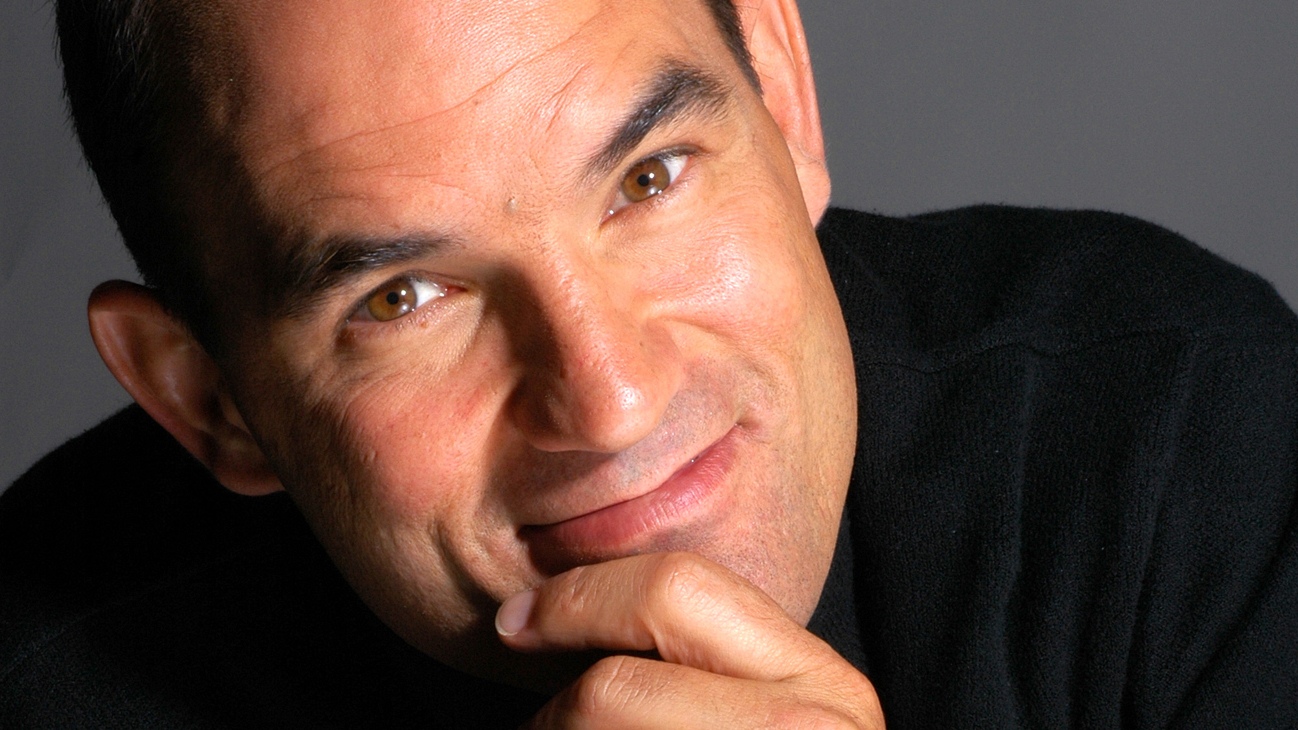Guest blog from Dr. J.P. Pawliw-Fry, Leadership & Performance Expert
Dr. J.P. Pawliw-Fry is an author, columnist and performance coach to Olympic athletes and business leaders. He melds state-of-the-art research with powerful inspiration to create thought-provoking and moving keynote presentations. An expert in emotional intelligence, he is one of the world’s most highly sought-after speakers on the topic. J.P. teaches his audiences the principles of emotional intelligence and high performance, and inspires them to take their careers, businesses and personal lives to the next level.
I arrived in London today for the Olympics. Brought our 15 year old daughter Brigitte with me. She is so excited. She is a big Olympic fan (this is her 4thOlympics, if you count 1996 in Atlanta when she was 7 months old in her mommy’s tummy!).
As I mentioned in my last blog, there are few things like the Olympics that get me fired up or that I think the world needs.
In fact, our president at the Institute for Health and Human Potential (IHHP), Sue (Amazing) Easby used some Olympic themes in our company bi-annual retreat offsite that finished last week. Clearly our team at IHHP got inspired about ‘what’s possible’ by watching a number of athlete vignettes that she presented.
What is it about the Olympics?
The Olympics affect us. They move us. When we see these athletes work so hard toward achieving a goal, it inspires us. We all know that we get emotional when we watch these athletes experience their joy and pain. What you may not know is we also get ‘cognitive’. Say what? Yes, it affects our beliefs (our cognitions) about what is possible. The specific beliefs that I am talking about is something called self-efficacy. Let me explain.
Self-efficacy is a funny word that is easy to misunderstand. It is not a measure of skill; rather, it reflects what we believe we can do with the skills we possess. In other words, you have an ability and you have a belief about that ability. This is like the difference between a young girl who is good at math but who, for whatever reason, doesn’t believe she is good at math and so doesn’t choose goals to challenge herself or persist in toward that goal when she hits a setback (another important fact about human behavior is that goals are one of the most important ways we navigate and succeed at life).
Self-efficacy influences:
1. The goals that employees choose for themselves. Employees with low levels of self-efficacy tend to set relatively low goals for themselves. Conversely, an individual with high self-efficacy is likely to set high personal goals. Research indicates that people not only learn but also perform at levels consistent with their self-efficacy beliefs.
2. Learning as well as the effort that people exert on the job. Employees with high self-efficacy generally work hard to learn how to perform new tasks, because they are confident that their efforts will be successful. Employees with low self-efficacy may exert less effort when learning and performing complex tasks, because they are not sure the effort will lead to success.
3. The persistence with which people attempt new and difficult tasks. Employees with high self-efficacy are confident that they can learn and perform a specific task. Thus, they are likely to persist in their efforts even when problems surface. Conversely, employees with low self-efficacy who believe they are incapable of learning and performing a difficult task are likely to give up when problems surface.
In an extensive literature review on self-efficacy, Albert Bandura and Edwin Locke (2003) concluded that self-efficacy is one of the most powerful determinants of job performance.
The Two Ways that we grow Self-Efficacy
The most influential source of self-efficacy is the interpreted result of one’s previous performance, or a mastery experience. In other words, it is by ‘doing’. This is why it is always critical to start with a small step (a small goal) because when we engage in a small task or activity and are successful at it, we use our interpretations to develop beliefs about our capability and then engage in or move toward (approach) subsequent (more difficult) tasks or activities with these stronger beliefs. This is why we feel a certain ‘momentum’ when self-efficacy is being built.
The second way that we build self-efficacy is by watching someone else do it. It doesn’t even need to necessarily be the exact activity we want to engage in (though it helps). But it is a fact of human behavior that we are affected by our environment and specifically the beliefs of the people in that environment. Just by watching these athletes who step in with so much belief (and trepidation!), we are influenced. We build certain beliefs. Ever wonder why so many young people pick up a sport (some even end up going to the Olympics!) simply by watching the Olympics? This is one of the reasons why.
Don’t Waste an Olympics
You don’t have to be young to be influenced. It can happen at any age.
In fact, you may be feeling a little inspired already by what has happened in the pool or on the bike or on the diving board. So my advice? Move that emotional inspiration into cognitive inspiration. Set some very specific health goals for the year. Make them small. But do them. Feel the ‘belief’ momentum build. And then do some more. You will be surprised at how you can end up doing far more than you ever thought possible by using these Olympics to inspire you not just emotionally, but cognitively, by building your self-efficacy.

